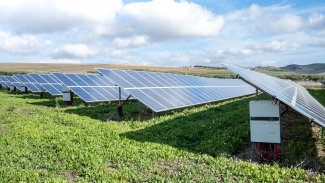There is no economic case for new coal plants in India
India is the world’s third-largest emitter of CO2 and coal-fired power plants contribute approximately half of India’s CO2 emissions. Indian government policies assume a significant expansion of coal-fired power in India over the next two decades. This paper compares the costs of coal and renewable power, including quantifiable domestic external costs, in 2018 as well as projections for 2025. Our estimate for the environmental cost of coal is 2.4 US ¢/KWh (1.64 Rs.KWh) in the financial year 2018–19.
